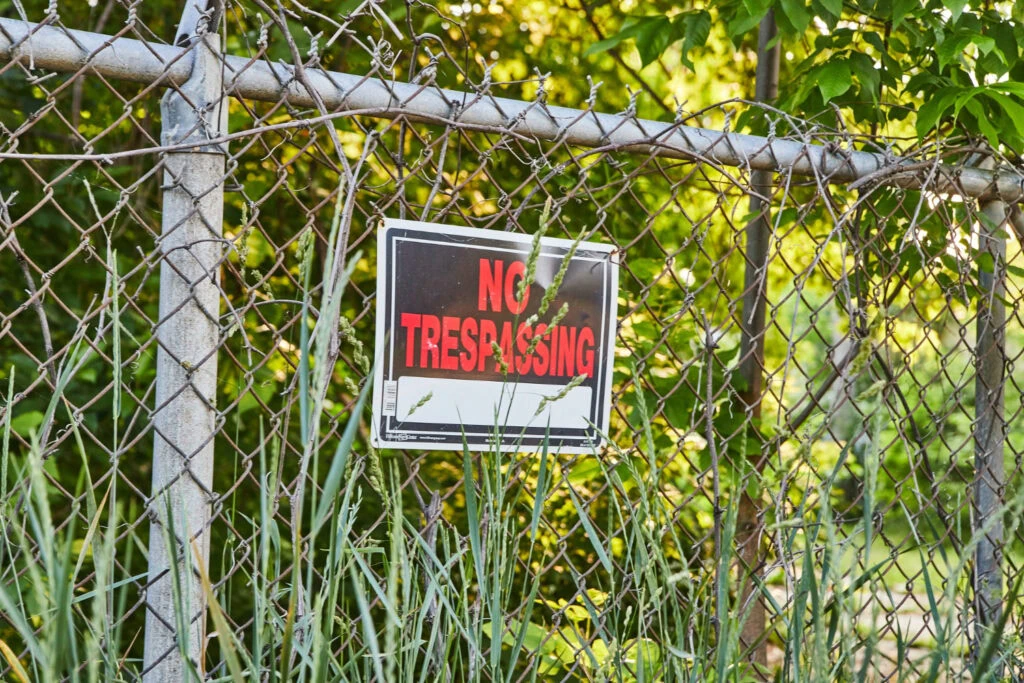By the time you or your spouse have come to the painful decision to divorce, the immediate thing you think about is navigating a possibly expensive and complicated process. However, it won’t be overwhelming if you make smart choices and reasonable expectations under an experienced family lawyer.
Here’s what you want to understand to get divorced in California including the requirements, and paths you can take to complete your divorce.
Requirements For Divorce
In order to complete the divorce process in California, you or your partner must have:
- Resided in California for at least 6 months.
- Resided in the county the divorce application will be filed for at least 3 months.
You or your partner can start the divorce process by filing a divorce petition if you meet the requirements.
In California, you are not required to prove any wrongdoing on your spouse’s part to get a divorce since California offers no-fault divorces. The common ground given for divorce is “irreconcilable differences,” and divorce can happen even without your spouse agreeing to it.
Can I seek a divorce order without going to court?
Whether you need to go to court or do it by yourself mainly depends upon whether your divorce falls under contested or uncontested. Before you and your partner can be separated, you both need to enter a contract on the divorce terms.
Contested Divorce
If you or your partner do not agree on the agreement terms, your divorce will fall under the contested category. In this situation, the matters you and your partner disagree on may need to be resolved by a court.
Even if you and your partner disagree on some points, you are not necessarily required to go to court. Here are some alternative ways:
- Mediation – With meditation, someone impartial assists you and your partner come to an agreement.
- Collaborative Divorce – In a collaborative divorce, you and your spouse negotiate an agreement through family lawyers.
Uncontested Divorce
If you and your partner agree on the points of your divorce, you do not need to appear in court. You can complete your divorce by making an agreement by filling out the relevant forms and then submitting it to the court.
There are some ways to complete an uncontested divorce, including:
- Doing it yourself- Handling the divorce process yourself can be complicated and overwhelming but it is possible.
- Using an online divorce service- Online services offer a self-guided divorce arrangement. They can cost more than preparing for your divorce entirely on your own, but they streamline the process by giving you guidance and structure.
- Hiring family lawyers- Family lawyers can prepare for your divorce and provide personalized supervision throughout the whole process. If you expect to have an overwhelming and contentious case, consider hiring a family law firm to represent you with this process.
The California Divorce Process
When you and your partner are considering divorce, it is vital that you take the time to make yourself informed of your legal rights and how the process goes. We are dedicated to presenting you with the legal representation and counsel that you require to make sure that this transitional phase in your life goes as smoothly as possible.
Though divorce can often be profoundly emotional and contested, our family lawyers will always work in a solution-oriented manner in order to protect you and your family.
Grounds For Dissolution Of Marriage In California
The grounds for divorce include the following:
- Irreconcilable differences
- Incurable insanity
As to how long the dissolution process takes, keep in mind that there are minimum living requirements. You must have been living in the state of California for 6 months or 189 days in order to file the dissolution process.
How To File For Divorce In California
1. First of all, you need to file a petition for divorce and then serve your partner with this petition. After this happens, the partner who is served (“Respondent”) has thirty days to respond to this petition (“Response”).
If you are served with the petition as an individual and you fail to respond, the divorce case will go on without your participation and presence.
If this were to happen, the petitioner would request court orders regarding support (both child and spousal), custody, assets division, and other aspects of the divorce. Then there is a waiting period of 6 months and one day after the Respondent was served.
2. If the Respondent does file a response at the proper time, then you and your partners will talk about assets, income, and other relevant information. It is considered a “Discovery.”
3. After that, you can either settle your agreements with your spouse or with the assistance of lawyers, or one or both partners can request that the case be presented before the court to order specific things prior to trial by filing an Order to Show Cause.
In this situation, each of you will appear in court to have a discussion about your “side” of the matter. Normally cases go to court over spousal support, child custody, child support, domestic violence issues (restraining orders), and even lawyer’s fees.
4. After the Discovery, you and your partner will be encouraged to sort out matters outside of court during a Marital Settlement Conference.
5. Then, if all matters are not resolved and it is still important to get certain court orders for all aspects of the divorce, a date for the trial is set.
6. At the trial, your lawyer will file your case and pieces of evidence associated with the case to get help to ensure that you receive the consequence that you expect.
7. After hearing both parties, the court will make an appropriate judgment.
What if anything requires altering after the divorce process has been completed?
As far as settling a divorce in California, if situations change and the initial divorce order is no longer appropriate to your life, you can obtain a new order from a court by filing for a post-judgment modification.
The court may permit modification to child support, child custody, visitation, or spousal support because of such situations as changes in the child’s needs, loss of a job, or a serious illness. If you want to know if your situation is qualified for alteration, it is essential to discuss it with a knowledgeable and experienced family lawyer.










